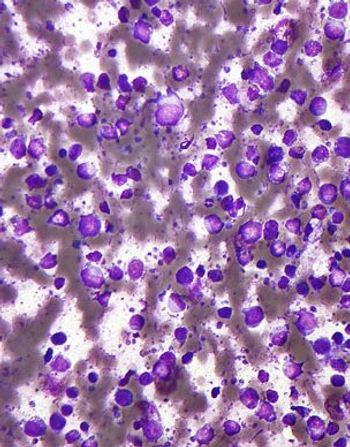
Non-germinal center B-cell-like DLBCL patients derived the most benefit from treatment with the immunochemotherapy regimen R-ACVBP compared with R-CHOP.

Your AI-Trained Oncology Knowledge Connection!


Non-germinal center B-cell-like DLBCL patients derived the most benefit from treatment with the immunochemotherapy regimen R-ACVBP compared with R-CHOP.
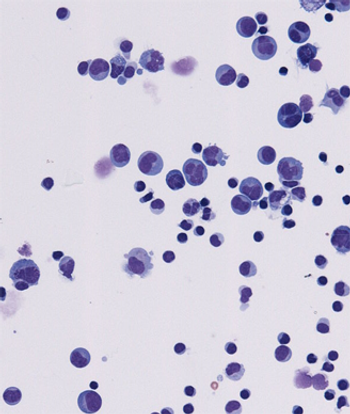
Elderly patients with poor-prognosis DLBCL may derive the most benefit from treatment with extended rituximab plus 6 cycles of R-CHOP on a 14-day schedule.
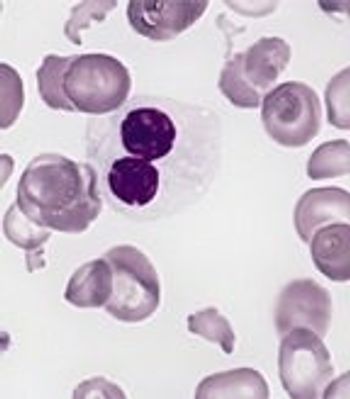
Adding the HDAC inhibitor valproic acid to decitabine did not improve outcomes in patients with myelodysplastic syndromes or acute myeloid leukemia.
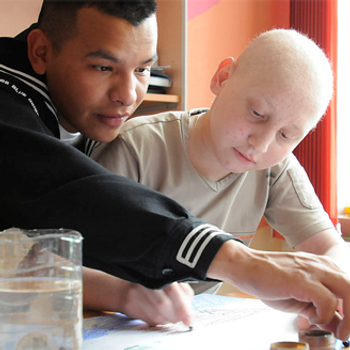
Hispanic childhood cancer survivors are less likely to receive follow-up care later in life than white survivors, according to a new study.

Survivors of childhood Hodgkin lymphoma who went on to regularly complete vigorous exercise had a lower risk of cardiovascular events later in life.

Ninety percent of patients with relapsed/refractory acute lymphoblastic leukemia achieved complete remission after a T-cell therapy treatment targeting CD19.
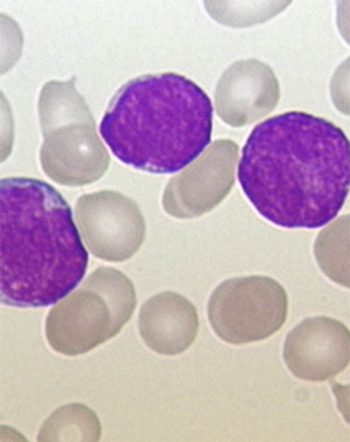
Monitoring minimal residual disease and real-time quantitative polymerase chain reaction can predict relapse in pediatric acute lymphoblastic leukemia patients.

A phase III trial of vosaroxin failed to meet its primary overall survival endpoint in patients with first relapsed or refractory acute myeloid leukemia.
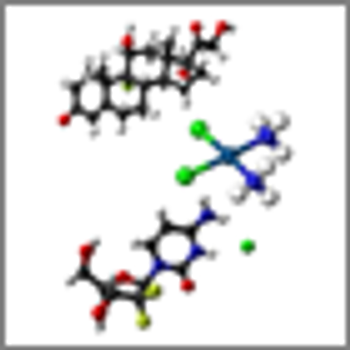
A regimen of gemcitabine/dexamethasone/cisplatin was as effective and less toxic than the current standard of care for treating relapsed, refractory lymphoma.
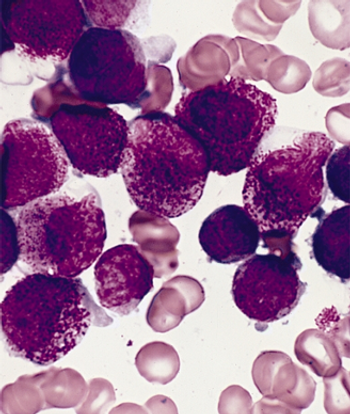
Patients with non-high-risk APL can achieve better clinical outcomes when treated with ATRA plus arsenic trioxide compared with ATRA plus chemotherapy, a new study found.
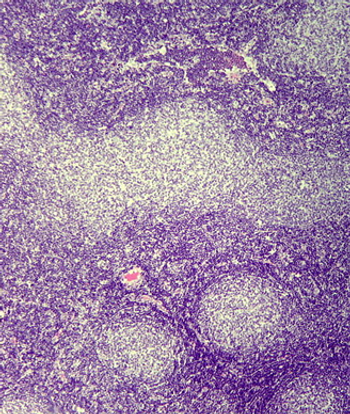
Data from a pooled analysis show that PET-CT provided better response assessment than did CT and predicted inferior survival in follicular lymphoma patients.

Hodgkin lymphoma survivors who were treated with infradiaphragmatic radiotherapy have an increased risk of developing diabetes mellitus, says a new study.

A study of more than 4,500 patients with acute myeloid leukemia (AML) found that predicting resistance to therapy remains an elusive practice.

The rationale for maintenance therapy in indolent non-Hodgkin lymphoma was derived from historical data suggesting that despite robust response rates to standard therapy, most patients eventually relapse and disease-free intervals become progressively shorter.

While definitions of follicular lymphoma maintenance therapy in clinical trials and clinical practice have been somewhat variable, ideally maintenance therapy would be limited to patients in complete remission or with minimal residual disease following initial therapy

STAT3 inhibition using a novel compound restored sensitivity to TKIs in CML cells that had shown resistance independent of BCR-ABL1 kinase activity.
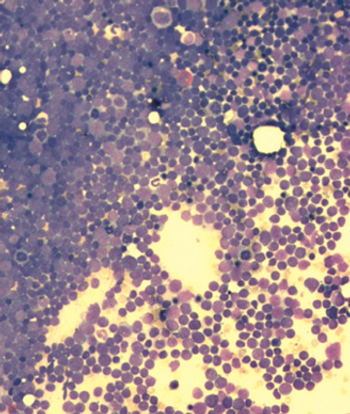
A laboratory study found that natural killer cells could be multiplied from the blood of patients to fight off precursor B-lineage acute lymphoblastic leukemia.
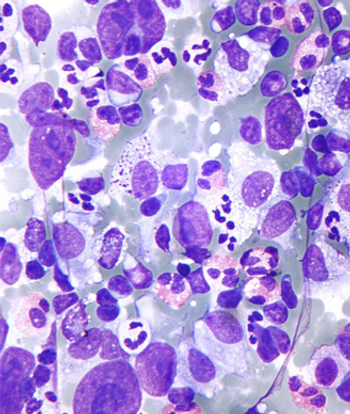
Survivors of Hodgkin lymphoma may be at increased risk of diabetes if they were exposed to radiation to the para-aortic lymph nodes and spleen during treatment.

A new study confirms that patients with primary cutaneous diffuse large B-cell lymphoma who have a MYD88 mutation have a shorter disease-specific survival.

Phase II study results show that a new combination of drugs known as R2CHOP had promising efficacy in the treatment of relapsed diffuse large B-cell lymphoma.
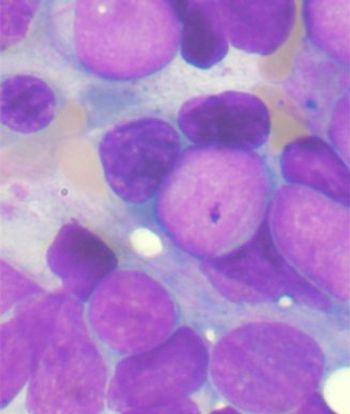
The addition of gemtuzumab-ozogamicin to standard chemo improved event-free survival in children and young adults with newly diagnosed acute myeloid leukemia.

Patients with pediatric BCR-ABL1-like acute lymphoblastic leukemia should be given risk-directed therapy based on minimal residual disease levels, according to a new study.
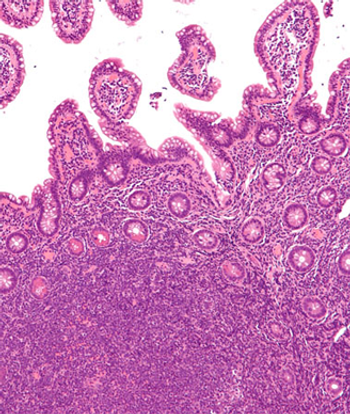
A combination of the CDK4 inhibitor palbociclib with ibrutinib in mantle cell lymphoma could potentially overcome the drug resistance that many patients face.

The FDA approved idelalisib (Zydelig) yesterday for the treatment of relapsed chronic lymphocytic leukemia (CLL), follicular B-cell non-Hodgkin lymphoma (FL), and small lymphocytic lymphoma (SLL).

Rapidly generated virus-specific T cells (VSTs) were safe and effective against five infections that commonly affect immunocompromised patients after marrow or stem cell transplantation, according to a new small study.